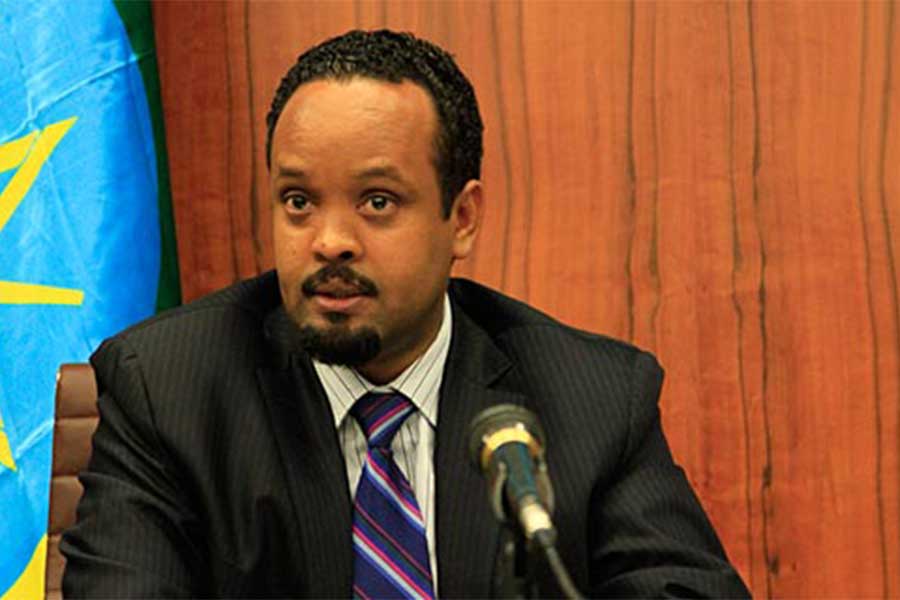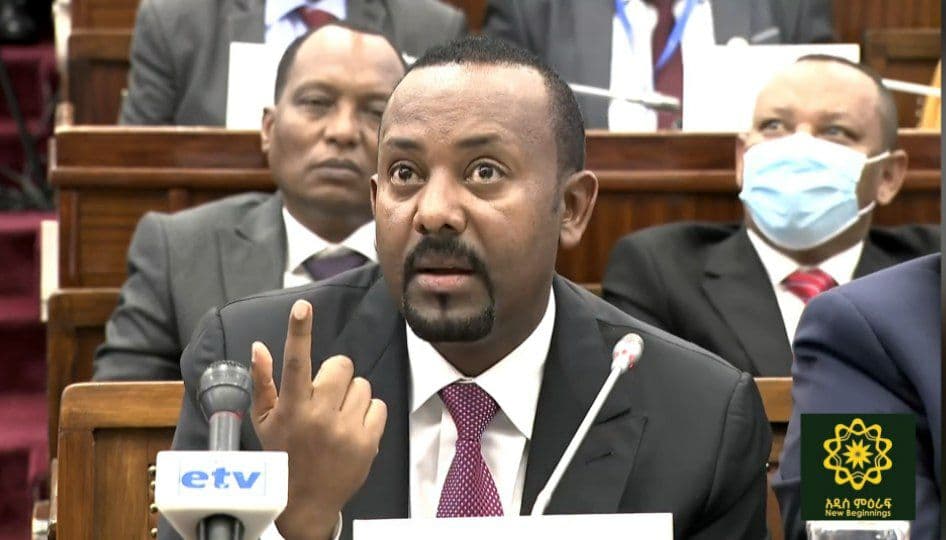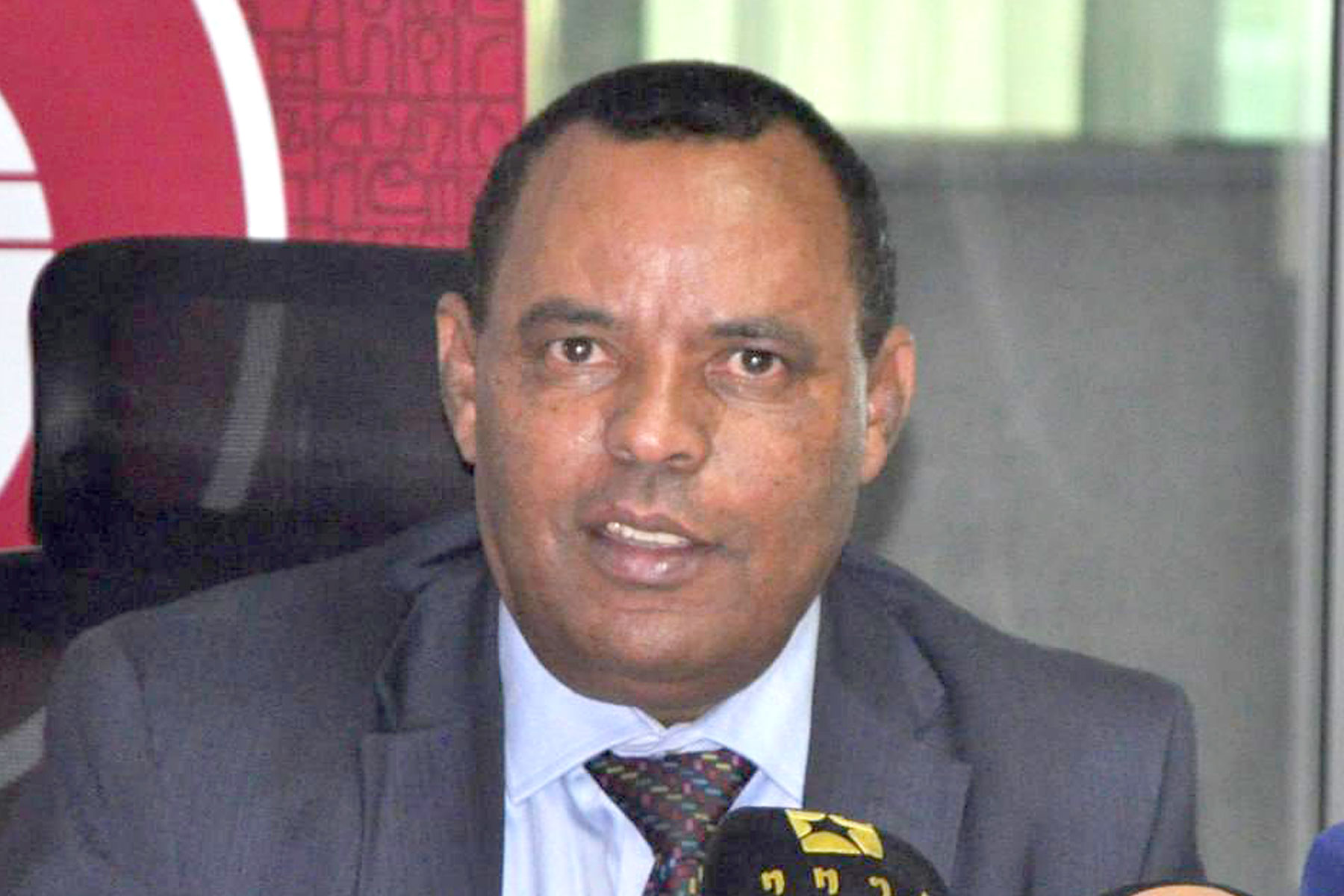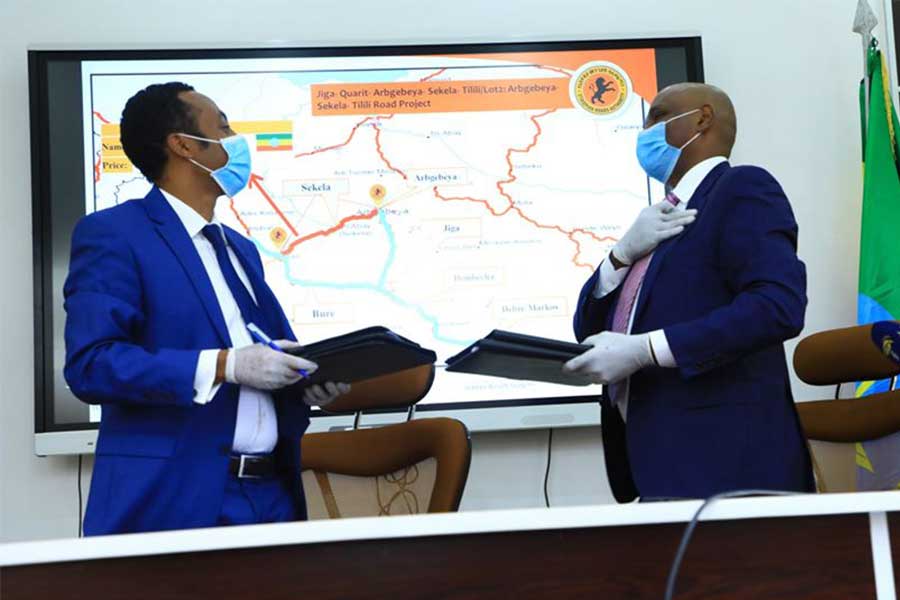
Radar | Nov 20,2021
Apr 30 , 2022
By TSION HAILEMICHAEL ( FORTUNE STAFF WRITER )
The Dire Dawa City Administration has banned government vehicle use off working hours to tame budget expenditures. Officials estimate that 10pc of the 6,500 vehicles registered in Dire Dawa city, 510Km east of Addis Abeba, are government-owned.
City officials say they are compelled to impose the ban due to the federal government's plan to lift fuel subsidies entirely over the coming year. A regulation the Council of Ministers passed earlier this year lifts off fuel subsidies progressively beginning July, with motorists carrying the full weight of global prices by July next year. The new scheme will be applied to the prices of benzene, diesel and kerosene products. Public transport vehicles will see subsidies lifted off over five years, while private and government-owned vehicles are paying full price at pumping stations by the middle of next year.
Dire Dawa city administration officials are conducting an assessment to determine the number of vehicles on the town's roads, following instructions from the Ministry of Transport & Logistics, the federal agency tasked with implementing the impending phase-out of petroleum subsidies.
“We're updating the data,” Sadya Awel, head of the Dire Dawa Transport Bureau, told Fortune. “The compiled data will be sent to the Ministry in a few weeks.”
Ministry officials say concerns over potential illicit trade in petroleum products due to the dual-rate system to be introduced at pumping stations later this year are the motive behind the assessment. At 1.9 million litres of fuel, Dire Dawa receives less than one percent of the 284 million litres distributed every month.
Close to 42 oil companies distribute petroleum and lubricant oil through 1,300 pumping stations across the country. The highest share of 400 is in the Oromia Regional State, followed by the Amhara and Southern regions. The capital hosts 154 pumping stations. There are 26 fuel stations in Dire Dawa.
Dire Dawa and Jigjiga, a seat of the Somali regional administration, are among the 31 towns identified by the Ministry of Trade & Regional Integration as centres for illicit cross-border trade in petroleum products.
Berhanu Seime is a supervisor at one of the fuel stations operating under National Oil Ethiopia (NOC) in Dire Dawa. The station receives 45,000 litres of diesel a day, while benzene is delivered every 10 days. A litre of diesel retails for 28.94 Br. It has been more than eight months since his station has been supplied with kerosene, Berhanu told Fortune.
According to Sultan Ali, head of the Dire Dawa Finance & Economic Development Bureau, fuel expenses have already taken a toll on the city's budget.
“We've to find a way to deal with the problem,” said Sultan.
The ban on government-owned vehicle use will be enforced beginning this week.
Dire Dawa officials say rising costs for spare parts are also behind the ban. In recent years, ballooning costs have been a burden for drivers and vehicle owners. Prices are shooting up, but the parts are becoming harder to find on dealers' shelves. The conundrum is the result of a cocktail of factors. The COVID-19 pandemic, inflation, global logistics disruptions, foreign currency shortages and tax policies are all culprits behind the unprecedented cost of keeping vehicles running.
“The extensive use of government vehicles threatens public coffers,” says Sultan.
The Dire Dawa City Council had approved a 4.2 billion Br budget for the current fiscal year.
What transpires in Dire Dawa shows that not even the government is prepared to lift off fuel subsidies, says Berhanu Zeleke (PhD), a lecturer on urban transport management at Kotebe Metropolitan University.
“The impact of the subsidy phase-out will be more taxing for the ordinary people,” he warns.
The Dire Dawa Finance Bureau has conducted a study to determine the viability of the new scheme, says Sultan. Government vehicles required to operate beyond working hours will be granted special permits.
Gebeyehu Telahun, head of the Dire Dawa mayor’s office, hopes the new rule will control the rampant misuse of official vehicles.
“The abuse of government vehicles has been a long-time concern," he said.
PUBLISHED ON
Apr 30,2022 [ VOL
23 , NO
1148]

Radar | Nov 20,2021

Fortune News | Jan 25,2020

Radar | Oct 09,2021

Fortune News | Nov 04,2023

Fortune News | Jan 02,2021

News Analysis | Apr 13,2024

View From Arada | Jan 11,2020


Radar | Jun 29,2019

Fortune News | Jun 14,2020

Dec 22 , 2024 . By TIZITA SHEWAFERAW
Charged with transforming colossal state-owned enterprises into modern and competitiv...

Aug 18 , 2024 . By AKSAH ITALO
Although predictable Yonas Zerihun's job in the ride-hailing service is not immune to...

Jul 28 , 2024 . By TIZITA SHEWAFERAW
Unhabitual, perhaps too many, Samuel Gebreyohannes, 38, used to occasionally enjoy a couple of beers at breakfast. However, he recently swit...

Jul 13 , 2024 . By AKSAH ITALO
Investors who rely on tractors, trucks, and field vehicles for commuting, transporting commodities, and f...

Nov 1 , 2025
The National Bank of Ethiopia (NBE) issued a statement two weeks ago that appeared to...

Oct 25 , 2025
The regulatory machinery is on overdrive. In only two years, no fewer than 35 new pro...

Oct 18 , 2025
The political establishment, notably the ruling party and its top brass, has become p...

Oct 11 , 2025
Ladislas Farago, a roving Associated Press (AP) correspondent, arrived in Ethiopia in...